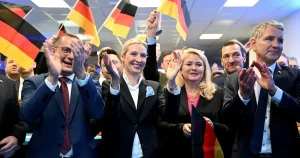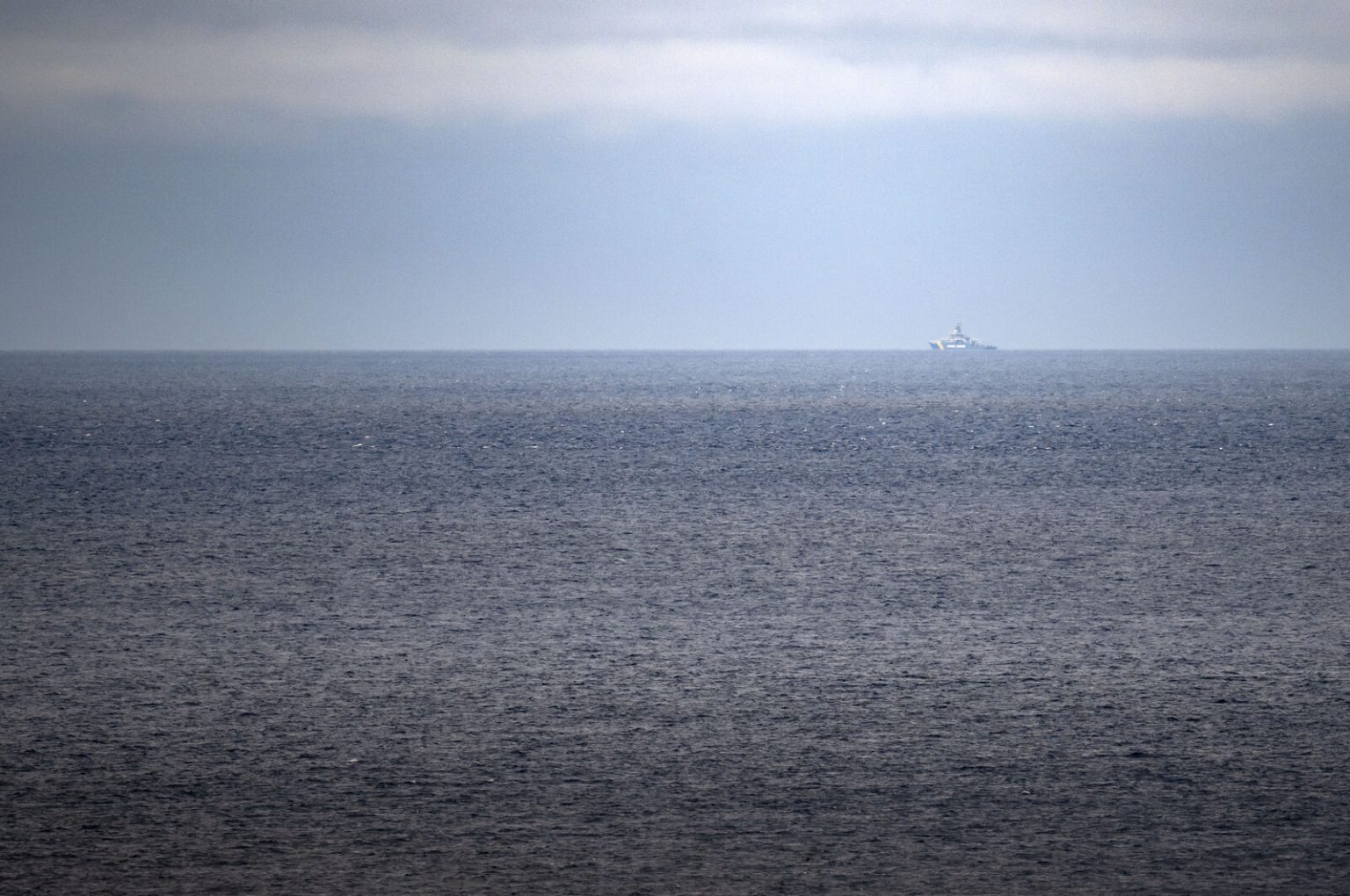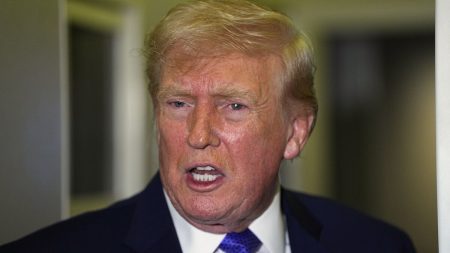The European Union member states have concluded their protracted negotiations on fishing quotas for 2025 and 2026, impacting several key fishing areas including the North Sea, the Atlantic, and the Mediterranean. The agreements, reached late into the night, reflect ongoing concerns about the sustainability of fish stocks and the need for stricter measures to protect vulnerable populations. These quotas, which dictate the allowable catch limits for various species, are crucial for maintaining the delicate balance of marine ecosystems and ensuring the long-term viability of the fishing industry. The negotiations, often fraught with competing interests between conservation efforts and the economic needs of fishing communities, underscore the complexity of managing shared resources across international borders.
One of the most significant outcomes of the negotiations is the further reduction of cod fishing quotas in the Kattegat, a strait between Denmark and Sweden. The cod stock in this area has been under significant pressure for years, leading to drastic restrictions on fishing. Previously, cod in the Kattegat could only be caught as bycatch, meaning it was unintentionally caught while fishing for other species. The new agreement further limits this bycatch allowance to a mere 72 tons for both 2025 and 2026. This represents a 17% decrease compared to the already restricted 2024 quota, highlighting the dire situation facing the Kattegat cod population and the EU’s commitment to its recovery. This drastic reduction will undoubtedly impact the fishing industry in the region, adding to the economic pressures already faced by fishing communities.
Beyond the Kattegat, the negotiations also addressed fishing practices in the Mediterranean Sea. Recognizing the negative impact of trawling on sensitive seabed habitats and the bycatch of non-target species, the agreement introduces measures to curtail this fishing method in Spanish, French, and Italian waters. Trawling involves dragging large nets along the seabed, which can damage fragile ecosystems and disrupt the delicate balance of marine life. By reducing trawling activity, the EU aims to protect these vulnerable habitats and promote more sustainable fishing practices in the Mediterranean. This move is expected to contribute to the long-term health of the Mediterranean ecosystem and the resilience of its fish stocks.
Furthermore, the agreement tackles the issue of horse mackerel fishing off the coast of Portugal. Horse mackerel, a species crucial to the marine food web and the commercial fishing industry, has also experienced pressure in recent years. The negotiations resulted in a significant reduction in the allowable catch of horse mackerel in this area. The specific quota reduction will vary depending on the specific stock and the scientific advice received, but the overall aim is to ensure the sustainable management of horse mackerel and prevent overfishing. This decision reflects the EU’s commitment to applying a precautionary approach to fisheries management, ensuring that fishing activities do not jeopardize the long-term health of the fish stocks.
These measures, though challenging for some sectors of the fishing industry, are essential for the long-term sustainability of European fish stocks and the marine ecosystems they inhabit. The EU’s commitment to science-based decision-making and the precautionary principle is evident in these quota reductions, which aim to rebuild depleted fish populations and ensure the health of the marine environment. The negotiations leading to these agreements highlight the complex interplay between economic interests, environmental concerns, and international cooperation in managing shared resources.
The agreements also underscore the ongoing challenge of balancing the needs of the fishing industry with the imperative to protect marine biodiversity. While the quota reductions may pose economic difficulties for some fishing communities, they are crucial for ensuring the long-term viability of the fishing industry itself. By protecting fish stocks and marine ecosystems, the EU is investing in the future of the fishing sector and the communities that depend on it. These decisions reflect the understanding that sustainable fisheries management is not just about conserving fish populations, but also about safeguarding the livelihoods of those who depend on them for their economic well-being.














